Trump signals possible first meeting with Putin in Saudi Arabia
- Update Time : Friday, February 14, 2025
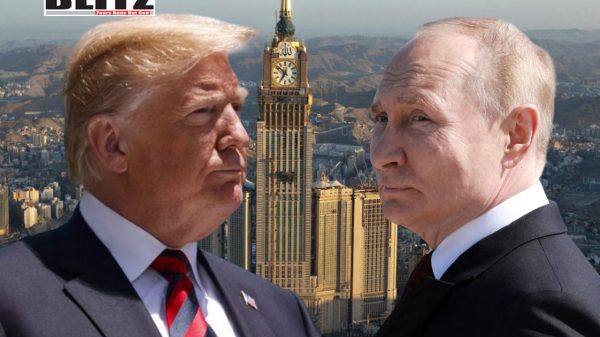
In a move that could redefine US-Russia relations, US President Donald Trump has stated that he will “probably” meet Russian President Vladimir Putin in Saudi Arabia. The announcement came shortly after the two leaders engaged in what was described as a “highly productive” phone conversation on Feb 12, discussing the ongoing Ukraine conflict and other international matters.
While Moscow has yet to issue an official response to Trump’s remarks, the possibility of a high-profile summit in Saudi Arabia underscores shifting geopolitical dynamics and the evolving role of the Middle East in global diplomacy.
The conversation between Trump and Putin appears to have set the stage for renewed direct engagement between Washington and Moscow. According to the former US president, their discussion covered a wide range of issues, including the Ukraine conflict, economic cooperation, and strategic stability.
Trump, speaking to reporters at the White House, noted that their first meeting would likely take place in Saudi Arabia, adding that both leaders were open to multiple interactions in the coming months.
“We expect that he’ll come here, and I’ll go there, and we’re going to meet also, probably in Saudi Arabia,” Trump said, emphasizing his intent to strengthen US-Russia ties should he return to office in November 2024.
Trump’s choice of Saudi Arabia as a venue for the potential summit is significant for multiple reasons. The Gulf kingdom has positioned itself as a crucial player in international diplomacy, maintaining strong ties with both Washington and Moscow. Crown Prince Mohammed bin Salman’s close relationship with both leaders further reinforces the country’s potential role as a mediator.
In recent years, Saudi Arabia has hosted high-level talks on energy policy, economic partnerships, and conflict resolution. Its geopolitical neutrality-at least in comparison to traditional Western powers-makes it a viable location for sensitive negotiations between Washington and Moscow.
While Putin has yet to comment directly on Trump’s remarks, Kremlin spokesperson Dmitry Peskov confirmed earlier on February 12 that the Russian president had invited Trump to visit Moscow during their phone call. However, no specific date was provided.
Peskov also stated that the two leaders had expressed a mutual willingness to work together closely, including reciprocal visits to each other’s nations. This raises speculation about a potential shift in US-Russia relations, especially if Trump were to win re-election.
A report from Reuters in early February indicated that both Saudi Arabia and the United Arab Emirates were considered by Moscow as possible venues for a Trump-Putin summit. Russian officials reportedly visited both nations last month to explore diplomatic arrangements.
While neither the Kremlin nor Gulf officials commented on the report at the time, recent developments suggest that Riyadh and Abu Dhabi are playing a growing role in facilitating high-stakes negotiations between global superpowers.
Further underscoring Saudi Arabia’s role in international diplomacy, the kingdom was reportedly involved in negotiations that led to the release of US national Marc Fogel from a Russian prison this week. Fogel, who was serving time for drug smuggling charges, was exchanged for Russian crypto businessman and computer programmer Aleksandr Vinnik, who was held in US custody.
The successful exchange-mediated by Saudi Crown Prince Mohammed bin Salman and Kirill Dmitriev, the CEO of the Russian Direct Investment Fund-signals that backchannel diplomacy between Moscow and Washington remains active despite broader geopolitical tensions.
Should a Trump-Putin meeting take place in Saudi Arabia, it could mark a significant departure from the confrontational approach the Biden administration has taken toward Russia. Relations between Washington and Moscow have deteriorated sharply since the beginning of the Ukraine war, with the US imposing severe sanctions on Russian entities and providing substantial military aid to Kyiv.
Trump has frequently criticized Biden’s handling of the Ukraine conflict, arguing that his administration’s approach has failed to bring about meaningful negotiations. By contrast, Trump has hinted that he could broker a diplomatic solution to the war if re-elected.
If Trump and Putin do meet, key topics of discussion would likely include:
- A possible ceasefire or negotiated settlement in Ukraine
- Economic cooperation between the US and Russia
- The status of sanctions and potential relief measures
- Strategic arms control agreements
- The role of Saudi Arabia and the Middle East in facilitating diplomacy
While a Trump-Putin summit could open the door to de-escalation, it is also likely to draw sharp criticism from political opponents in the US and Europe.
Democrats and some Republicans have accused Trump of being too lenient toward Russia in the past. His administration’s approach to Moscow-marked by a mix of economic sanctions and diplomatic overtures-was frequently scrutinized by lawmakers who saw his interactions with Putin as overly accommodating.
Additionally, European allies may view a Trump-led rapprochement with Russia as a threat to NATO’s united front against Moscow’s actions in Ukraine. Countries such as Poland and the Baltic states have repeatedly expressed concerns about any potential softening of the West’s stance on Putin’s government.
If a Trump-Putin summit materializes in Saudi Arabia, it could reshape global power dynamics in profound ways. The Middle East’s increasing role as a diplomatic hub, coupled with Trump’s willingness to engage directly with Moscow, sets the stage for a potential shift in US foreign policy.
While some see this as an opportunity for de-escalation and pragmatic diplomacy, others fear it could weaken Western opposition to Russian aggression in Ukraine. Ultimately, the outcome of this meeting-if it occurs-will have lasting consequences for international relations and the future of US-Russia engagement.


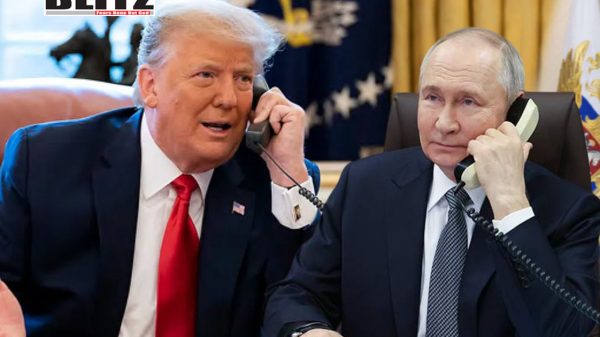
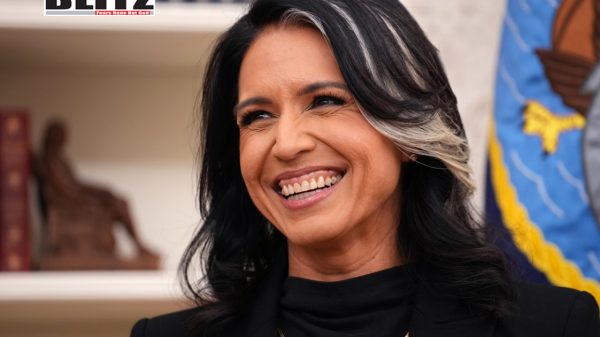
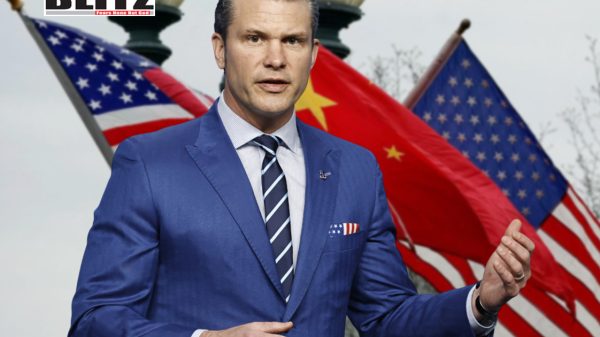
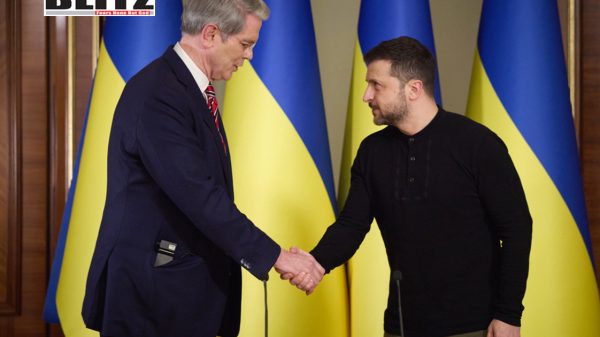
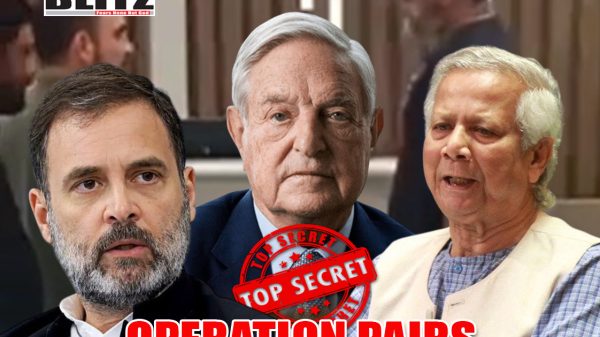
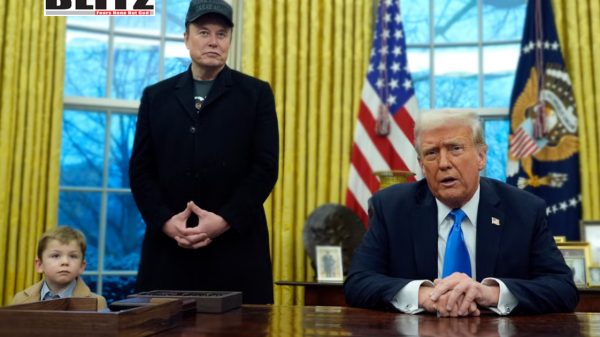
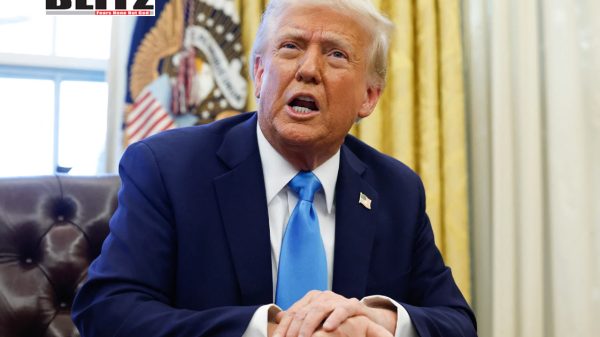
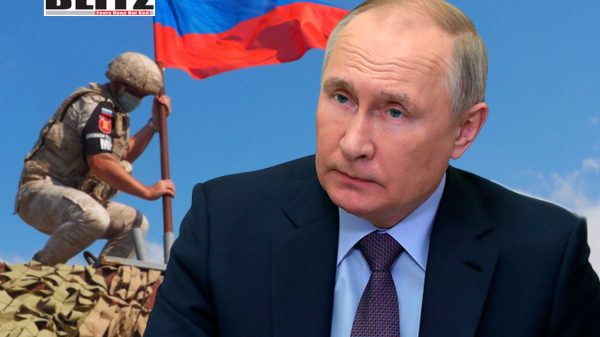




Leave a Reply